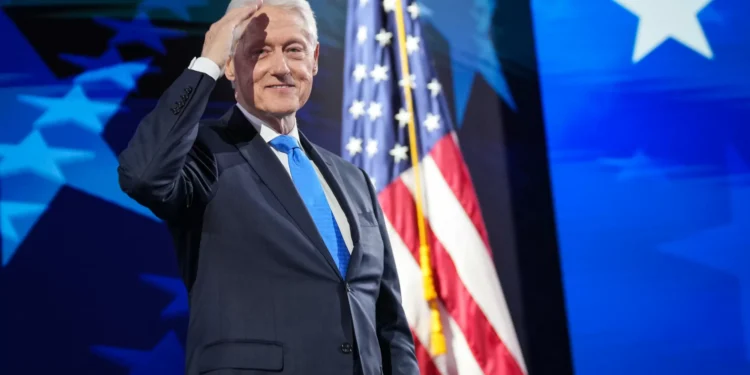The recent mispronunciation of Kamala Harris’ name has sparked backlash from both Republicans and Democrats alike. While the mispronunciation may have been unintentional, it serves as a reminder of the importance of respecting and acknowledging individuals’ names and identities.
For those who may not be aware, Kamala Harris is the Democratic vice-presidential candidate for the upcoming US presidential elections. She is also the first Black and Asian American woman to be nominated for this position.
Since her nomination, there has been widespread mispronunciation of her name, with many media outlets and politicians pronouncing it as “ka-mah-la” instead of the correct pronunciation of “kah-muh-luh”. This mispronunciation has caused frustration and disappointment among many, including Harris herself.
In an Instagram post, Harris addressed the issue, saying, “It’s pronounced ‘comma-la’, like the punctuation mark. I’ll keep it simple: if you can pronounce ‘former’ Senator [Joe] Dole’s name correctly, you can pronounce ‘future’ Vice President Kamala Harris’ name correctly.”
While some may argue that mispronouncing a name is a simple mistake, it holds a deeper significance for individuals who have had their names mispronounced or changed to fit into Western societal norms. It is a form of erasure and disrespect towards their cultural heritage and identity.
This issue has also sparked a conversation about the lack of representation and awareness of the diverse cultures and communities within the United States. Harris’ Indian heritage and the significance of her name may not be widely known, but it is still important to acknowledge and respect it.
Unfortunately, the mispronunciation of Harris’ name is not a new occurrence in the world of politics. Former President Barack Obama and former Vice President Joe Biden have also had their names mispronounced in the past. However, what sets this situation apart is the backlash it has received from both sides of the political spectrum.
Many Republicans have been called out for their intentional mispronunciation of Harris’ name as a form of mockery and disrespect. On the other hand, some Democrats have also made the mistake, despite being from the same party as Harris. This serves as a reminder that even though individuals may align with the same political beliefs, there is still a need for education and awareness about cultural sensitivity and diversity within their own ranks.
It is heartening to see that there has been a strong response from the Indian American community and others who are standing in solidarity with Harris. The hashtag #MyNameIs has been trending on social media, with individuals sharing their personal stories and experiences of having their names mispronounced or changed.
This issue also highlights the importance of representation in political spaces. Harris’ nomination has already been a source of inspiration for many young girls and women of color who can now see themselves represented on a national stage. It is crucial that politicians and media outlets make an effort to pronounce her name correctly, as it sets an example for others to do the same.
In conclusion, the mispronunciation of Kamala Harris’ name has sparked a much-needed conversation about cultural sensitivity and representation in the political sphere. It is a reminder that we should all make an effort to respect and acknowledge individuals’ names and identities, especially when they are in positions of power and influence. Let us all strive to create a society where diversity is celebrated and respected, starting with something as simple as properly pronouncing someone’s name. As Harris herself said, “Let’s do better.”


